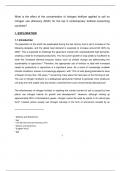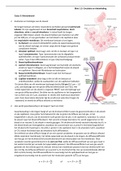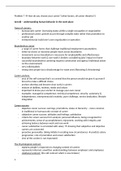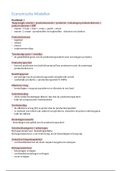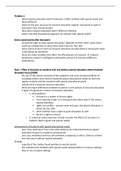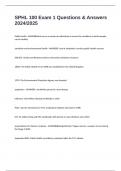Exam (elaborations)
IB Biology IA
- Course
- Institution
This IA got a raw score of 20/24, but was moderated down to 18/24, getting a 6 overall. I got a 7 for Biology overall. I did my Biology IA on nitrogen fertilizers and investigated their potential uses.
[Show more]
